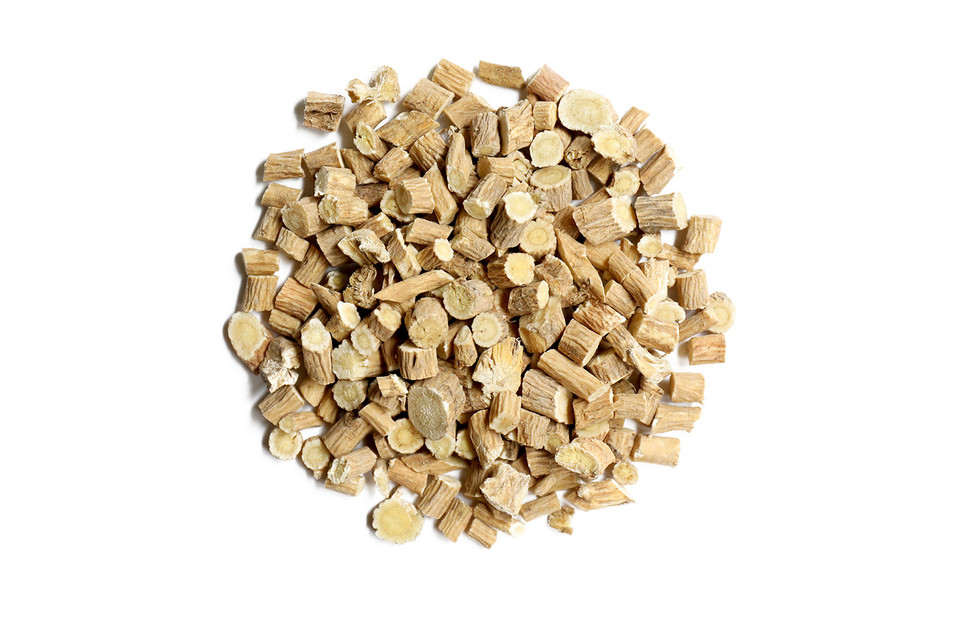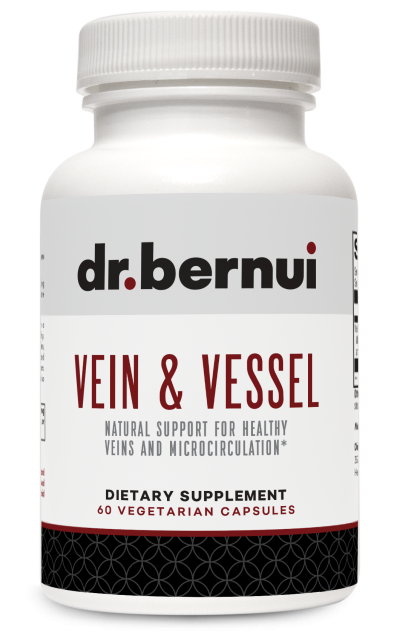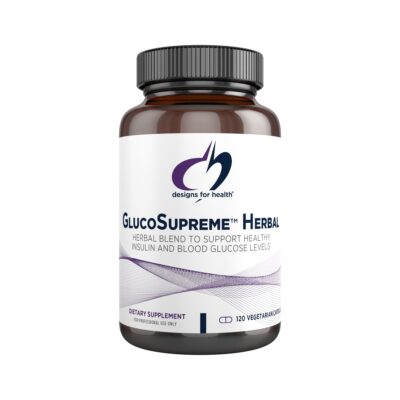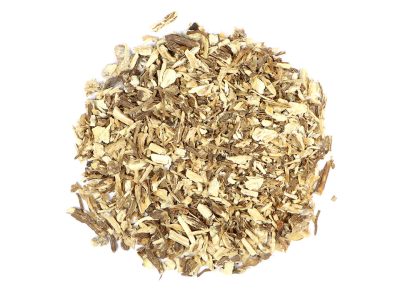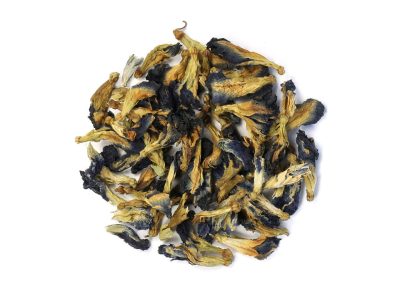While we work to ensure that product information is correct, on occasion manufacturers may alter their ingredient lists. Actual product packaging and materials may contain more and/or different information than that shown on our Web site. We recommend that you do not solely rely on the information presented and that you always read labels, warnings, and directions before using or consuming a product. For additional information about a product, please contact the manufacturer. Content on this site is for reference purposes and is not intended to substitute for advice given by a physician, pharmacist, or other licensed health-care professional. You should not use this information as self-diagnosis or for treating a health problem or disease. Contact your health-care provider immediately if you suspect that you have a medical problem. Information and statements regarding dietary supplements have not been evaluated by the Food and Drug Administration and are not intended to diagnose, treat, cure, or prevent any disease or health condition. PhysioFormulas, LLC DBA Your Healing Store assumes no liability for inaccuracies or misstatements about products.
Astragalus Root
$12.50
In stock
Description
Astragalus membranaceus is a sun-loving perennial in the Fabaceae family native to China, Mongolia, and North Korea. Astragalus root was historically used in Traditional Chinese Medicine as a Qi tonic and was often found in classical herbal formulas. The dried root can be tinctured, decocted as astragalus tea, and simmered into soups, stews, and broths.
Astragalus has a rich history of use in Chinese and Asian cultures. It is native to China, Mongolia and North Korea, and is an ancient component of Traditional Chinese Medicine (TCM).
The herb was mentioned in the Divine Husbandman's Classic of the Materia Medica, written anonymously during the first century AD and attributed to the teachings of the legendary figure Shennong who is thought to have lived approximately 5,000 years ago.
Astragalus supports immune health to help you stay feeling your best and supports the body’s immune defenses to stay feeling healthy. Astragalus is used in Traditional Chinese Medicine as an adaptogen to help increase energy and resistance to stress.*
Astragalus is an herbaceous perennial, growing between 25 and 40 centimeters in height. It grows in grassy regions and on mountainsides, requiring plenty of exposure to the sun. When grown for cultivation, the plants are traditionally harvested after four or five years, with the roots collected in spring or fall. The roots are dried in the sun and then sliced for distribution. The slices are yellow in color and have a sweet, moistening taste with a firm, fibrous texture.
Most authorities on TCM recommend taking 9-15 grams (3 to 5 tablespoons) of the whole herb per day as a decoction, made by boiling the ground, dried root in water for a few minutes and then brewing the tea. It may also be taken in capsule or extract form. Astragalus is widely used in TCM for a variety of ailments and functions. It is traditionally valued for supporting healthy immune function and has been observed to support the heart in healthy subjects. Other common names include membranous milkvetch and huang qi.
